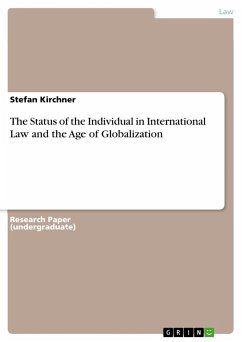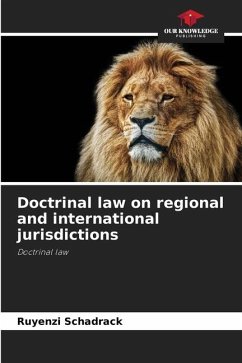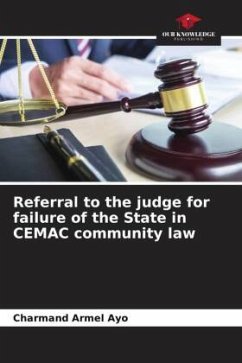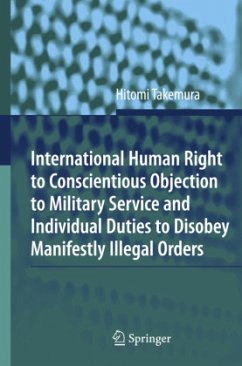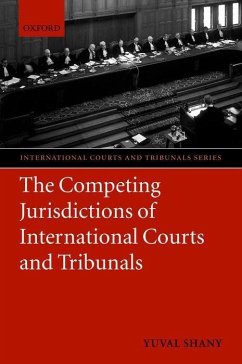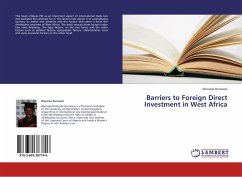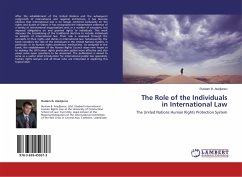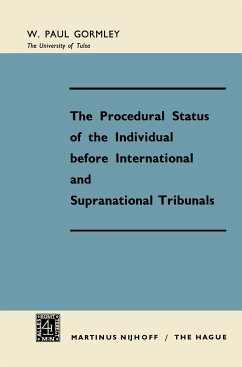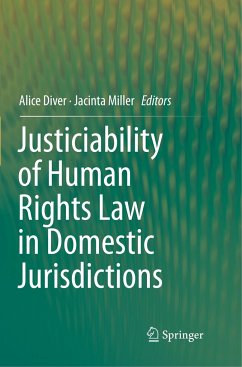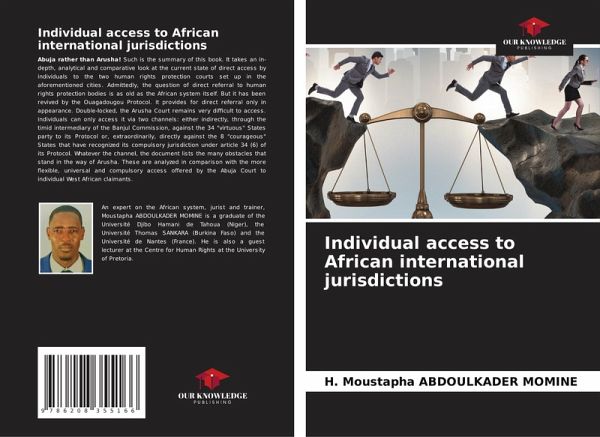
Individual access to African international jurisdictions
Versandkostenfrei!
Versandfertig in 6-10 Tagen
40,99 €
inkl. MwSt.

PAYBACK Punkte
20 °P sammeln!
Abuja rather than Arusha! Such is the summary of this book. It takes an in-depth, analytical and comparative look at the current state of direct access by individuals to the two human rights protection courts set up in the aforementioned cities. Admittedly, the question of direct referral to human rights protection bodies is as old as the African system itself. But it has been revived by the Ouagadougou Protocol. It provides for direct referral only in appearance. Double-locked, the Arusha Court remains very difficult to access. Individuals can only access it via two channels: either indirectl...
Abuja rather than Arusha! Such is the summary of this book. It takes an in-depth, analytical and comparative look at the current state of direct access by individuals to the two human rights protection courts set up in the aforementioned cities. Admittedly, the question of direct referral to human rights protection bodies is as old as the African system itself. But it has been revived by the Ouagadougou Protocol. It provides for direct referral only in appearance. Double-locked, the Arusha Court remains very difficult to access. Individuals can only access it via two channels: either indirectly, through the timid intermediary of the Banjul Commission, against the 34 "virtuous" States party to its Protocol or, extraordinarily, directly against the 8 "courageous" States that have recognized its compulsory jurisdiction under article 34 (6) of its Protocol. Whatever the channel, the document lists the many obstacles that stand in the way of Arusha. These are analyzed in comparison with the more flexible, universal and compulsory access offered by the Abuja Court to individual West African claimants.





